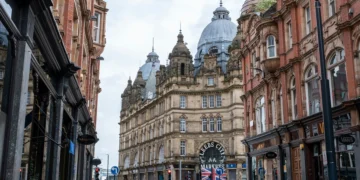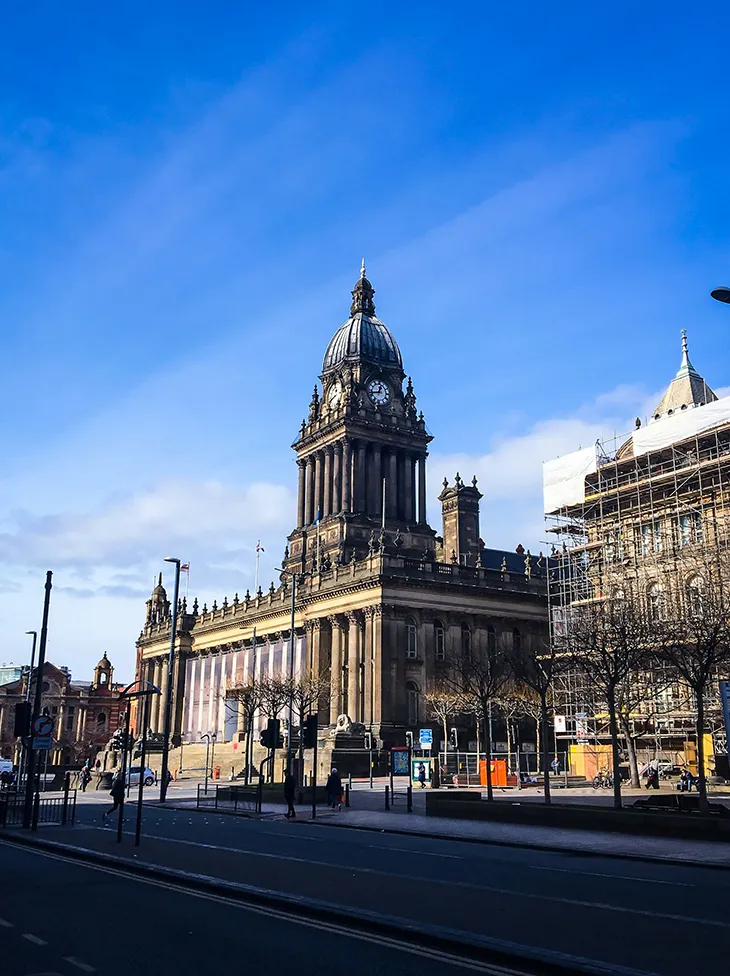
Leeds has become one of the most visited cities in the north of England, known for its Victorian architecture, cultural venues, universities, and expanding events calendar. The city attracts conference delegates, football supporters, corporate teams, wedding parties, and tourism groups year-round, yet the success of any group visit relies heavily on how people get from one point to another. Transport is usually the part no one wants to deal with, but it is always the part that determines how smoothly the day runs.
This guide outlines the realities of group travel in Leeds and how to plan it without the stress that often accompanies moving large numbers of people through a busy city.
Understanding How Leeds Moves
Leeds ranks among the UK’s fastest-growing cities, and its infrastructure reflects this evolution. Major development projects reshape the city centre every year, with new pedestrian zones, altered road layouts, and temporary closures affecting traffic flow. Navigation apps don’t always reflect real-time diversions, and unfamiliar drivers often discover too late that a planned route is no longer accessible.
Congestion builds quickly during peak hours, especially around Headrow, City Square, and the retail district. That pressure increases on match days, graduation weekends, and major concert nights. Leeds is also compact: many roads feed into a concentrated centre, which means one disruption can affect a wide radius.
Parking adds to the challenge. Trinity Leeds, Victoria Gate, Merrion Centre, and Q-Park sites offer multi-storey facilities, but large groups rarely arrive at the same time, and dispersing multiple cars into several car parks complicates the schedule. Costs also accumulate quickly when every vehicle pays separately, and there is no guarantee that spaces remain available during high-traffic weekends.
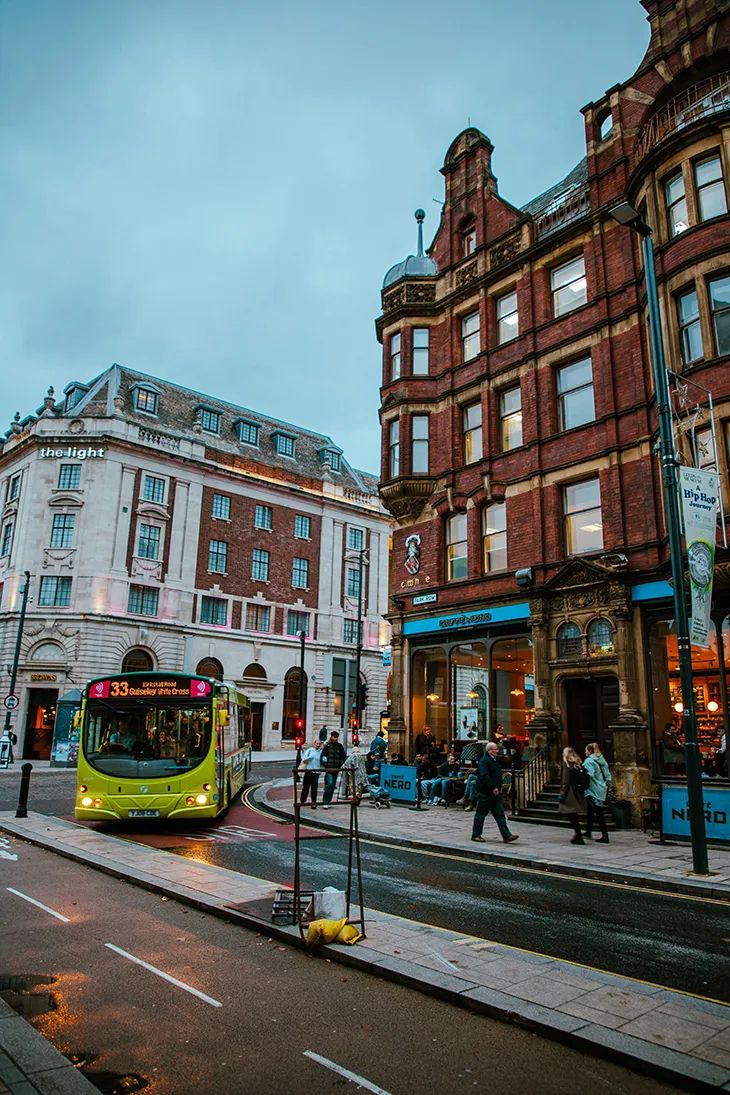
Why Groups Often Choose Shared Transport
When the group exceeds a dozen people, coordinating separate arrivals becomes time-intensive. Shared travel keeps everyone on the same schedule, reduces the number of decisions people must make individually, and allows a single drop-off instead of five or six. Services such as Coach Hire Leeds exist for exactly this reason: they turn transport into one organised element instead of a collection of small problems.
Shared travel also removes the question of who is driving back. For evening events, weddings, or hospitality outings, no one needs to volunteer as the designated driver. For companies, this reduces risk and prevents situations in which staff must navigate unfamiliar roads after long days.
Group travel is also about experience. Wedding guests stay together, sports supporters build energy on the way to Elland Road or Headingley, and corporate teams use travel time to prepare or decompress. Five cars sitting in separate traffic queues don’t offer that.
Popular Leeds Destinations and Routes
The city hosts conferences and business gatherings at the Royal Armouries, First Direct Arena, and several large hotels. These venues accommodate hundreds, sometimes thousands, of arrivals within tight windows, so coordinated transport avoids late entrances and staggered check-ins.
Leeds Bradford Airport sits around eight miles northwest of the centre, and group transfers require timing that accounts for traffic on Harrogate Road and the surrounding roundabouts. Professional services usually track flight schedules, which helps when arrivals are delayed or luggage takes time to clear.
Leeds’s sports venues create another set of patterns. Elland Road and Headingley both draw large crowds, and roads near the stadiums slow significantly before and after matches. Groups travelling together skip the parking queue and leave immediately once the event ends.
Outside the city, day trips to Harewood House, the Yorkshire Dales, Saltaire, or coastal towns like Whitby and Scarborough are common. These journeys require longer travel times and rural navigation, which benefits from a single organised vehicle rather than several cars trying to follow the same route.
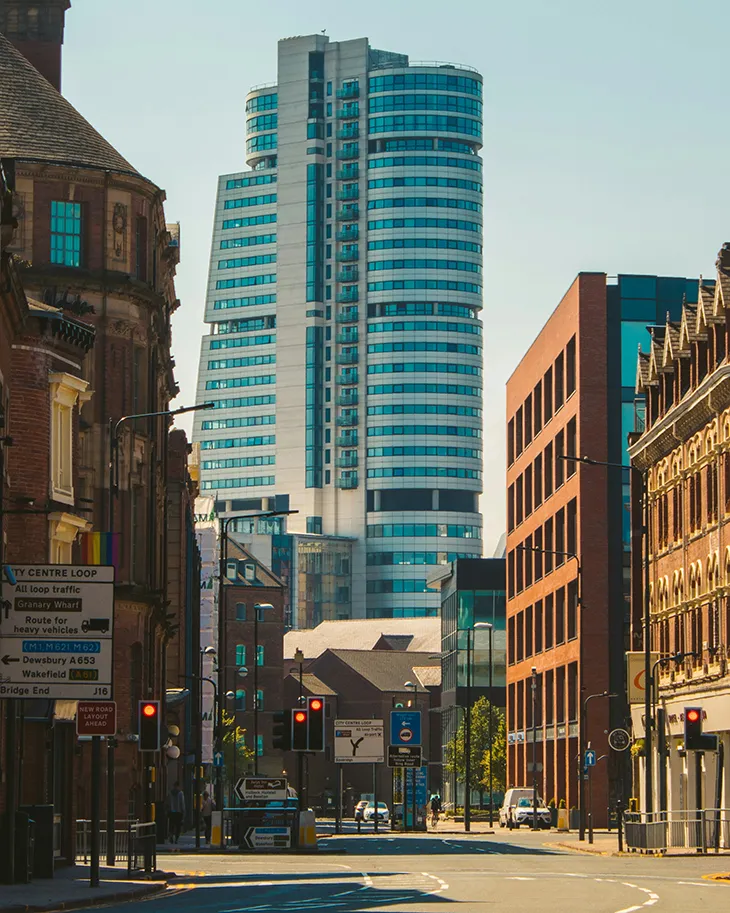
Choosing Transport That Works for the Group
The quality of the journey depends on the vehicle as much as the route. Comfortable seating, heating and cooling systems, storage capacity, and onboard facilities matter when the trip lasts thirty minutes or several hours. Photos don’t always reveal the condition of a vehicle, so visual checks or clear fleet information help set expectations.
Driver experience carries equal weight. Leeds roads tighten in certain areas, and diversions appear without warning. Drivers familiar with the city re-route efficiently and avoid unnecessary delays, which is especially useful when the group has timed entry, event schedules, or restaurant reservations.
Flexibility is another factor. Delays happen, speeches run long, and guests decide to extend their stay. Providers that respond calmly to schedule changes remove pressure from hosts and organisers, who already have multiple responsibilities.
FAQ Section
How far ahead should transport be booked?
For concerts, football fixtures, and Christmas events: four to six weeks in advance. For weddings and corporate functions: two to three months ahead, especially during May–September and December.
What vehicle sizes are available?
Minibuses typically seat 12–24 passengers, mid-size vehicles 25–35, and full coaches 49–57. Selecting a vehicle too large wastes budget; too small compromises comfort.
Can large vehicles reach every venue in the centre?
Some streets restrict vehicle size. Experienced providers already know these points and arrange drop-off zones that minimise walking distance.
Are longer distances outside Leeds possible?
Yes. Most providers handle half-day, full-day, and multi-day itineraries, including rural roads. Regulations around driver hours must be considered for long journeys.
Is shared transport better for emissions?
One coach replaces dozens of cars and significantly reduces per-passenger emissions. With Leeds expanding its Clean Air Zone measures, consolidated transport aligns with environmental expectations for events and organisations.
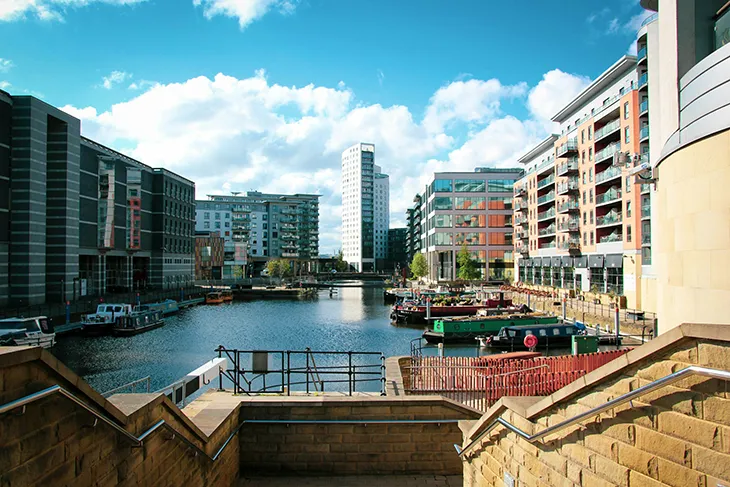
Making Your Choice
Group travel in Leeds becomes easier with advance planning and a clear understanding of how the city moves. The goal is not just to reach a venue but to keep the schedule intact, reduce stress, and allow the group to stay together from start to finish. Whether the priority is comfort, timing, cost control, or simplicity, coordinated transport offers a structured alternative to multiple unconnected journeys.
Leeds remains a strong destination for business gatherings, sporting events, cultural outings, and social occasions, and well-planned transport ensures the focus stays on the event rather than the traffic between locations.
